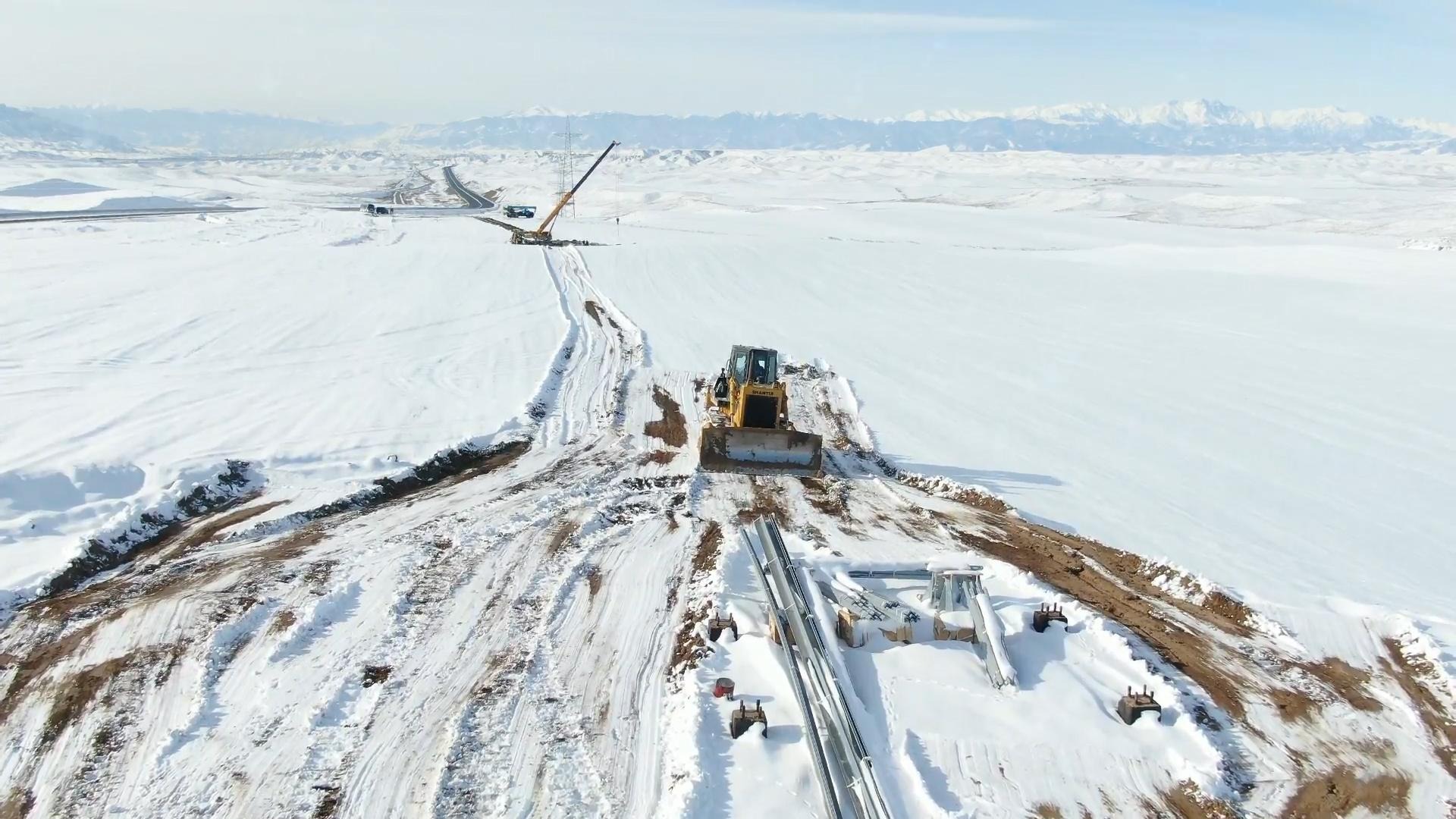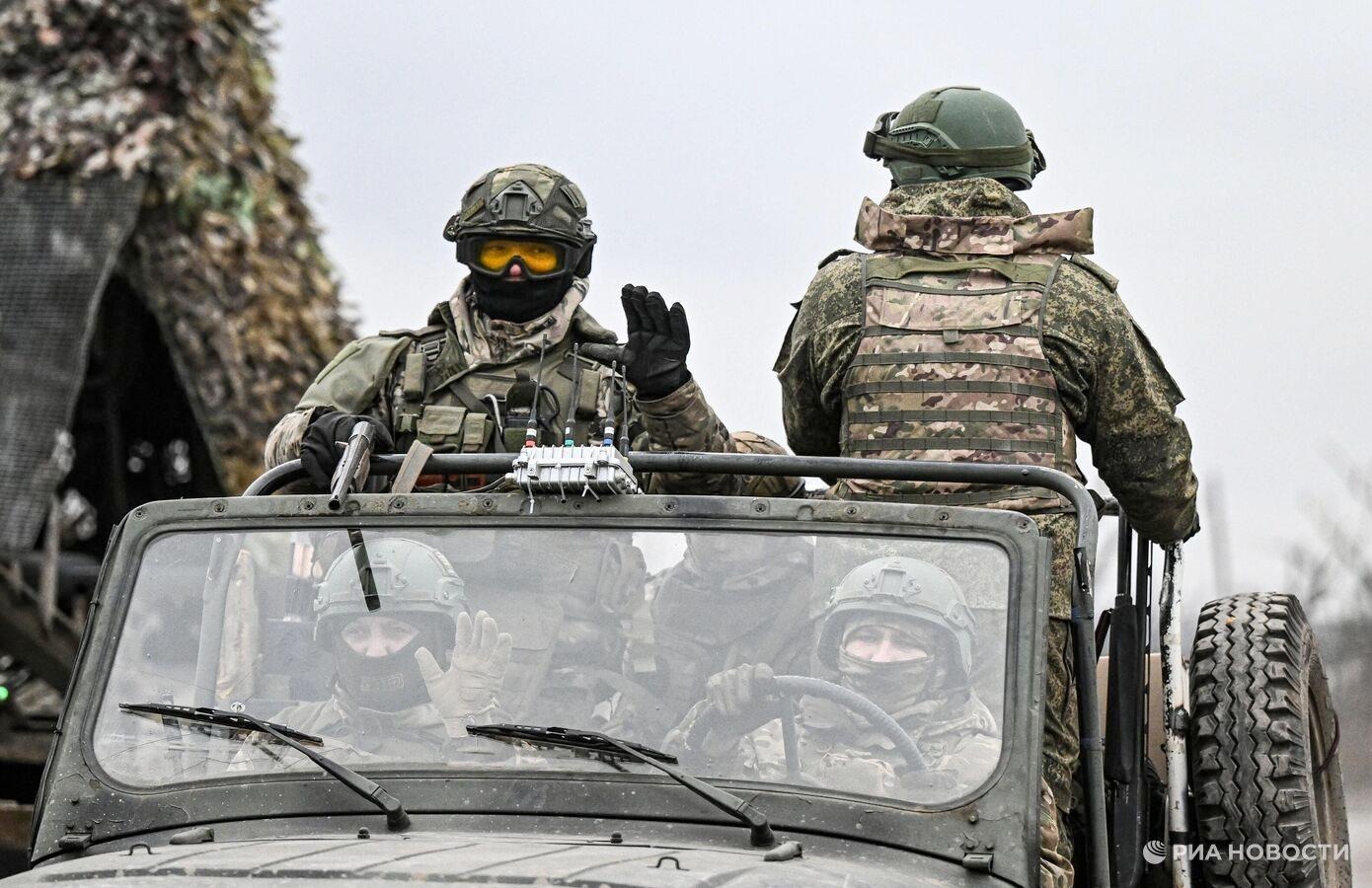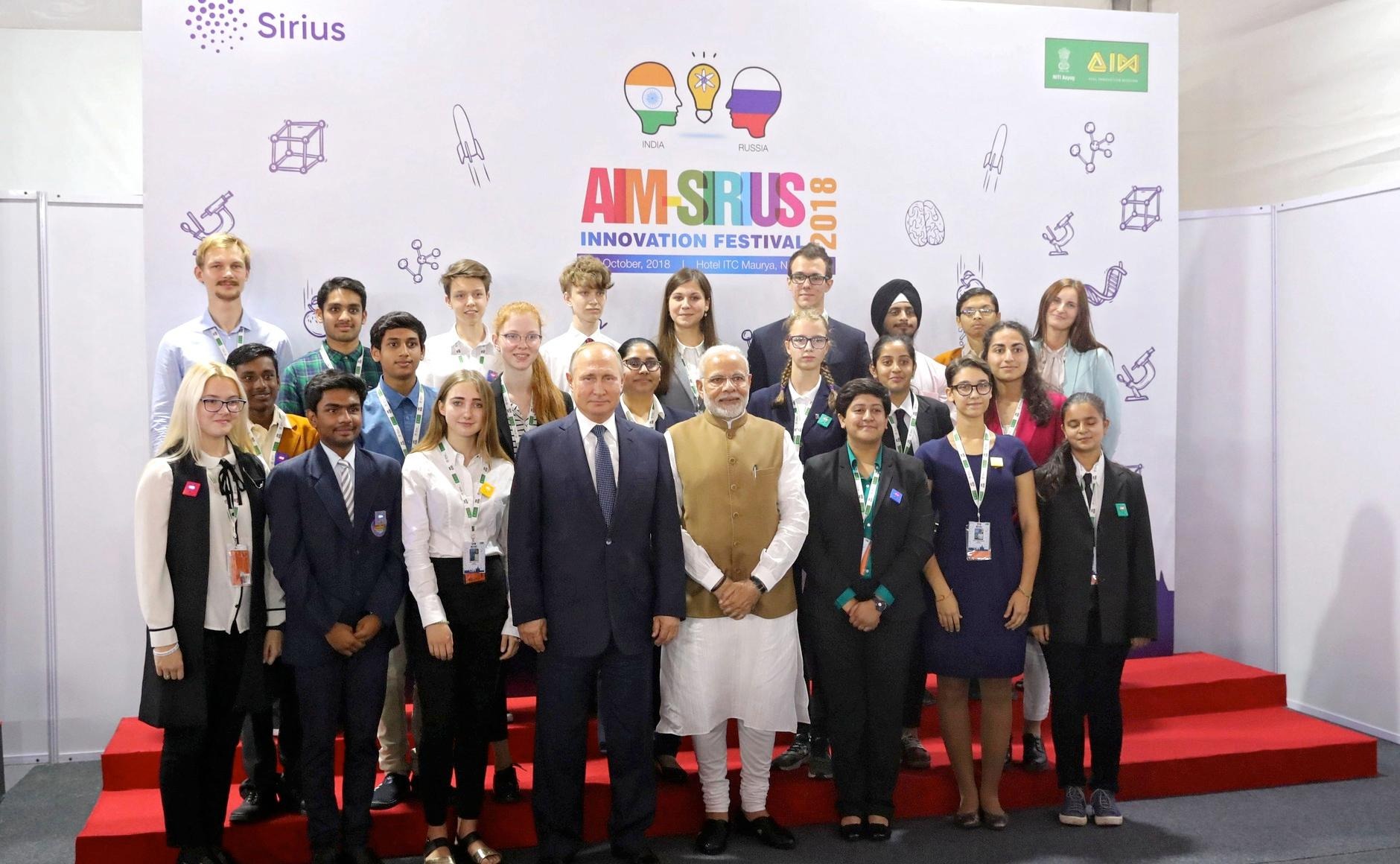MEDVEDEV TRIES TO GAIN TRUST IN EUROPE AND RESPECT IN THE CIS
MEDVEDEV TRIES TO GAIN TRUST IN EUROPE AND RESPECT IN THE CIS
President Dmitri Medvedev’s much-anticipated European debut was held in Berlin last week and was immediately followed by his presiding over a summit of the Commonwealth of Independent States in St. Petersburg. He succeeded in presenting himself as a Westernized liberal in Germany and as a responsible statesman to his post-Soviet counterparts; in real terms, however, he quite possibly failed in convincing anybody that he intends to take full control over the business of leadership in Russia (www.gazeta.ru, June 7).
It was not difficult at all for Medvedev to perform in Berlin because the desire in the influential German business community to see him as an attractive “new face” of Russian politics was all but overwhelming. Being polite and acknowledging the obvious lack of mutual understanding was quite enough to obscure the answer to the many prayers of German bankers and industrialists, who are concerned about the deterioration of political dialogue against the background of fast-expanding economic ties. Medvedev delivered a long speech to a gathering of German political elite that was long on generalities and contained one initiative on organizing an all-European summit that would adopt a pact on renunciation of the use of force, similar to the Kellogg-Briand Pact of 1928 (Rossiiskaya gazeta, June 6). The idea is strikingly irrelevant but in comparison with the bitter complaints and recriminations of Vladimir Putin’s Munich speech in 2007, this Berlin bromide might pass for “new thinking.” Chancellor Angela Merkel, who was the first foreign leader to meet Medvedev right after his election, was perhaps not that impressed with his demonstrative devotion to the letter of the law but was also inclined to give him the benefit of the doubt, mentioning that his presidency was in its early days and should not be judged for its lack of deeds (Kommersant, June 6).
The economic forum in St. Petersburg, which all CIS presidents opted to attend, was centered on Russia’s powerful economic dynamism symbolized by the luxurious yacht of Roman Abramovich anchored next to the cruiser Aurora, the faded symbol of the 1917 revolution (Gazeta, June 7). Medvedev refrained from praising Russia’s achievements in his address, as he did at the February 2007 Davos forum, but focused instead on the topic of U.S. responsibility for the global financial and food crises (www.lenta.ru, June 7). Arguing that the real potential of the United States did not justify its pivotal role, he suggested organizing a broad international conference in Russia in order to discuss necessary changes in the global financial architecture. This proposal is scarcely more promising than the European non-aggression pact, but it betrays a new confidence in Russia’s financial clout that complements its energy might; and if it smacks of the same “economic egoism” that Medvedev criticized so poignantly, nobody was so tactless as to ask about Russia’s responsibility as an energy supplier.
Besides making general statements of ambitious intent, Medvedev had a long series of tête-à-tête meetings with his guests, avoiding only Belarus President Aleksandr Lukashenka, who had had the honor of chatting with Vladimir Putin two weeks before. In this hand-shaking ceremony, the meetings with Viktor Yushchenko of Ukraine and Mikhail Saakashvili of Georgia were the most difficult, and they turned out to be rather different in tone and style. Medvedev opted to show a friendly face to Saakashvili. He confided (with a small crowd of journalists taking notes) that Russian-Georgian relations made Germany worry, but he expressed full confidence that the two states could resolve their differences without any external mediation (Vremya novostei, June 7). Saakashvili was perhaps of a rather different opinion, having complained about Russia’s misbehavior to every possible international organization, including the UN Security Council; but he had to play along and was rewarded with the promise of Defense Minister Anatoly Serdyukov to withdraw Russian railway troops in a couple of months (www.newsru.com, June 7). A far sterner smile was reserved for Yushchenko, who was perhaps slightly taken aback with Medvedev’s opener that Russia saw Ukraine’s behavior as “inadequate” and expected to prolong the basing of the Black Sea Fleet in Sevastopol beyond the agreed date of 2017 (Kommersant, June 7). Yushchenko expressed little enthusiasm for such a “solution” and was further informed that the market dictated a doubling of export prices for Russian gas in 2009.
The steps toward reducing tension with Georgia, as the conflict in Abkhazia has reached a dangerous peak, and to increase the pressure on Ukraine, where the ruling coalition is again falling apart, are tactically correct, but they do not signify any correction of the strategic course of preventing these two states’ accession to NATO by every available means. Medvedev’s foray, which will be followed next month by a Caspian tour, including visits to Azerbaijan, Turkmenistan, and Kazakhstan, demonstrates that Russia’s foreign policy has acquired new flexibility as Putin is also very active and the movements of the “tandem” appear to be well coordinated (www.gazeta.ru, June 5). However, the “two-headed” leadership also presents serious problems for implementing a consistent strategy, if powerful interest groups that have emerged during Putin’s second term apply their levers for exploiting and widening the differences between the duumvirs (Moscow echo, June 6).
Medvedev has slipped out of every small trap that was set for him during last week, confirming that Mikhail Khodorkovsky has the right to appeal for pardon (which has been the case since his verdict was announced in May 2005) and leaving the “issues” with the TNK-BP oil company to Deputy Prime Minister Igor Sechin to sort out (www.lenta.ru, June 6). Such evasiveness comes naturally to a lawyer who made his career in the Kremlin administration, but the reluctance to give a straight answer even to the question about reflections on the “Prague spring” of 1968 shows that hopes of finding a closet liberal are very much self-serving. It well may turn out to be that leaning on his skills in juggling words and avoiding responsibility Medvedev has missed a chance to do something, perhaps small but enough to prove his potential as a decision-maker.


